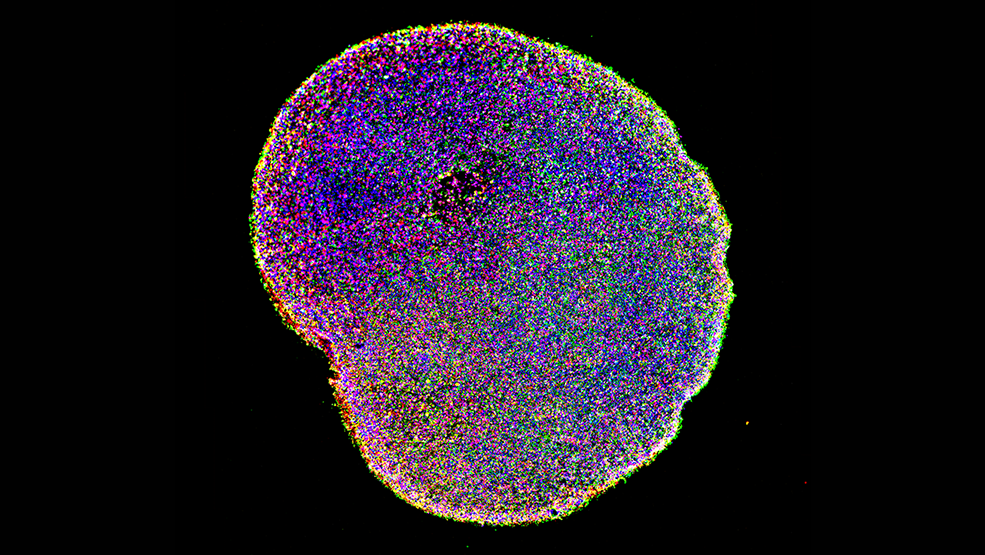To produce mini-brains in the laboratory to study and treat neurological diseases such as autism or schizophrenia. Yes, what was a chimera until a few years ago could now come true.
And to make it possible is a research carried out by a team led by the Italian researcher Paola Arlotta, professor at the Department of Stem Cells and Regenerative Biology at Harvard. The study, published a few days ago by the scientific journal “Nature”, shows how the first obstacle to the creation of small organoids useful for in vitro scientific experimentation has been overcome.
In practice, according to the Italian researcher, it has been possible to create mini-brains that have the same characteristics allowing an experiment that starts from the same points in common. These small organs grow in test tubes, generated by stem cells, and until now they have each developed with different characteristics. The uniformity of the cells, however, is the fundamental requirement to carry out effective tests.
And it is here that the team led by Arlotta intervened, creating a truly effective method to donate that uniformity to all the organids created in test tubes. “In this study we demonstrate that an organoid model of the dorsal forebrain can reliably generate a rich diversity of cell types appropriate for the human cerebral cortex – says the study published in Nature – We performed an analysis of the sequencing of RNA of 166,242 cells isolated from 21 individual organs, finding that 95% of the organs generates a virtually indistinguishable compendium of cell types, following trajectories of similar development and with a degree of variability from organ to organ comparable to that of individual endogenous brains”.
The development team: (from left) Joshua Levin, Xian Adiconis, Paola Arlotta, Aviv Regev, Silvia Velasco, Amanda Kedaigle and Marina Rocha. Credits: Rose Lincoln/Harvard Staff Photographer
This new method developed by the University of Harvard will give new impetus to the study in the laboratory allowing to study in more detail the process of development of brain or neurological diseases by highlighting the specific genetic characteristics that cause these diseases.
